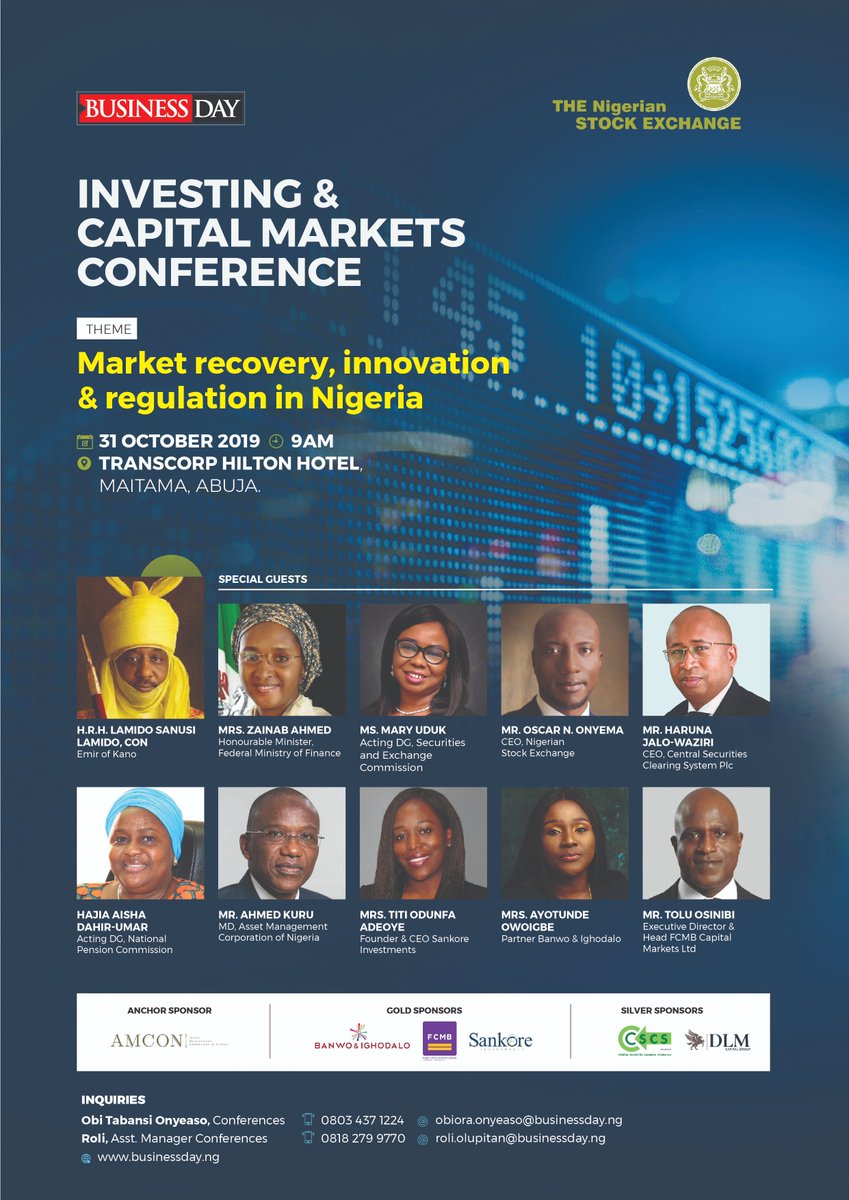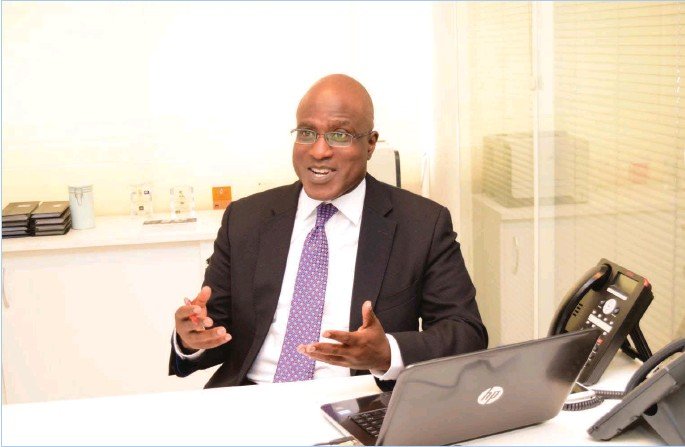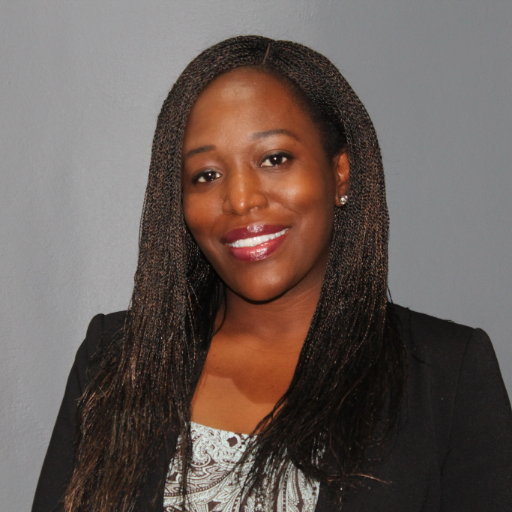
Tweet Thread
At no point in its 60-year history has Nigeria’s economy expanded slower than its population for a longer period than between 2015 and 2020, an indictment on President @MBuhari who has led the country in that time.
businessday.ng/exclusives/art…
At no point in its 60-year history has Nigeria’s economy expanded slower than its population for a longer period than between 2015 and 2020, an indictment on President @MBuhari who has led the country in that time.
businessday.ng/exclusives/art…
2/7 With data from the National Bureau of Statistics (NBS) showing a 1.9 percent GDP contraction in 2020, it means Africa’s largest economy has now failed to match its average population growth rate of 2.6 percent for six years.
businessday.ng/exclusives/art…
businessday.ng/exclusives/art…
3/7 @MBuhari promised to bring wide sweeping reforms to an economy that gorged itself on petrodollars for years, while reducing poverty and creating jobs but the numbers suggest he has done the exact opposite.
businessday.ng/exclusives/art…
businessday.ng/exclusives/art…
GDP per capita declined by 0.02%, 4.16% and 1.78% in 2015, 2016 and 2017 respectively. In 2018, 2019 and 2020, it declined by 0.68%, 0.38% and 4.57%, a painful squeeze for Nigerians whose average incomes are less than half of South Africa’s $5000.
businessday.ng/exclusives/art…
businessday.ng/exclusives/art…
5/7 Of the four presidents to have led Nigeria since a return to democracy in 1999, #Buhari has the worst record in terms of economic growth.
businessday.ng/exclusives/art…
businessday.ng/exclusives/art…
6/7 While President Obasanjo can boast of an average growth rate of 6.9 percent ,Yar’Adua did even better with an average growth rate of 7.6 percent while Jonathan delivered 5 percent growth. Under Buhari’s watch however, the economy grew by 0.28 percent.
businessday.ng/exclusives/art…
businessday.ng/exclusives/art…
7/7 Six years of contracting Per capita GDP has wrecked pain on households and businesses whether they understand what is happening or not. For many individuals, it has meant a lack of jobs and worsening poverty and for many businesses, dwindling profit.
businessday.ng/exclusives/art…
businessday.ng/exclusives/art…
• • •
Missing some Tweet in this thread? You can try to
force a refresh





